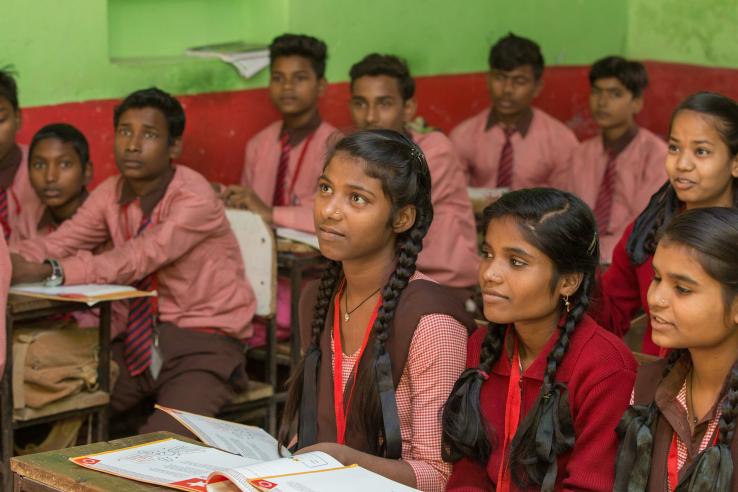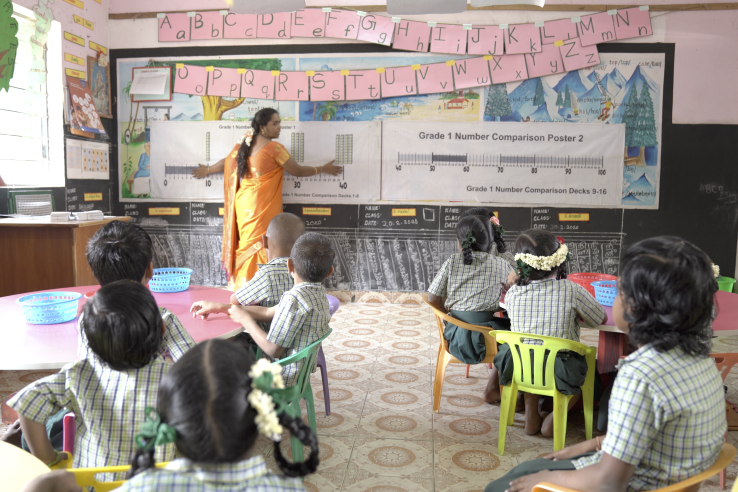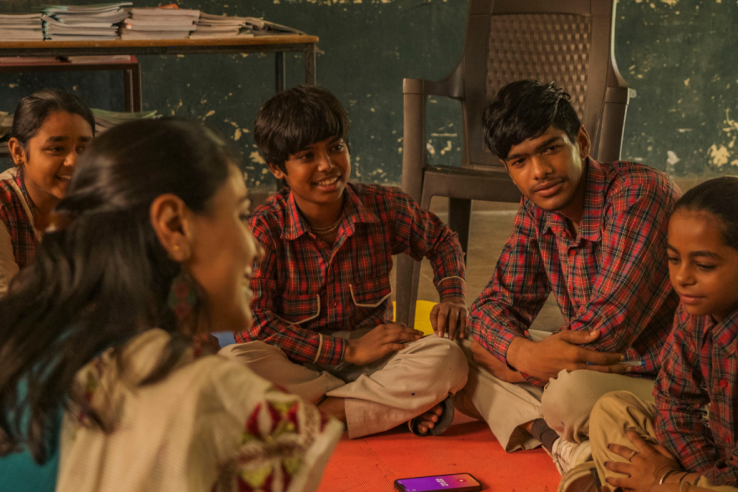Displaying 7381 - 7395 of 8331
Resource
Layout Page
The Alliance for Scaling Policy Impact through Research and Evidence (ASPIRE) is a coalition of governments, philanthropic organizations, civil society groups, and research institutions hosted by J-PAL South Asia. ASPIRE is working to scale up effective programs that tackle some of India’s biggest...
Resource
Layout Page
ASPIRE responds to pressing economic and social challenges, which restrict the lives of millions of Indians. We are working on tackling root causes of poverty, by maximizing the impact of evidence-based solutions.
Resource
Layout Page
ASPIRE’s core mission is to reduce poverty at scale by partnering with governments, civil society, and donors to embed evidence-based solutions into public systems. Through a collaborative and systems-oriented model, ASPIRE helps ensure that every investment achieves outsized and lasting impact.
Person
Resource
Layout Page
Alliance for Scaling Policy Impact through Research and Evidence (ASPIRE) is a joint initiative of J-PAL South Asia and the Veddis Foundation to bring together governments, donors and CSOs working towards alleviating poverty through scientific evidence and data.
Event
The Egypt Impact Lab, in collaboration with the Universal Health Insurance Authority (UHIA) and the World Health Organization (WHO) in Egypt, is hosting the first session of the Knowledge Exchange Webinar Series – Bridging Health Systems . This session will focus on benefit package design, drawing...
Person
Research Paper
File: Research paper
Research Paper
File: Research paper
Research Paper
File: Research paper
Evaluation
Researchers conducted a correspondence study assessing property managers’ responses to rental listing inquiries from prospective tenants with distinctively Black, Hispanic/Latinx, or white names in the United States. Property managers were significantly less likely to respond to messages from prospective Black or Hispanic/Latinx renters than white ones.
Evaluation
Researchers are evaluating the impact of rapid re-housing on homelessness and health outcomes for single adult individuals.
Person
Person






